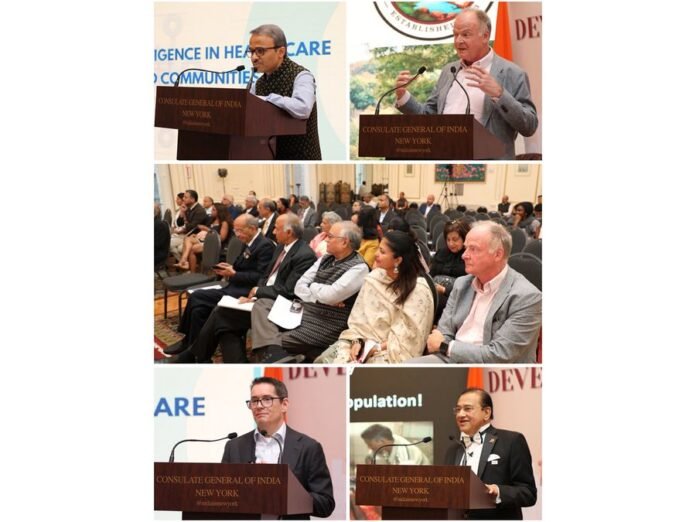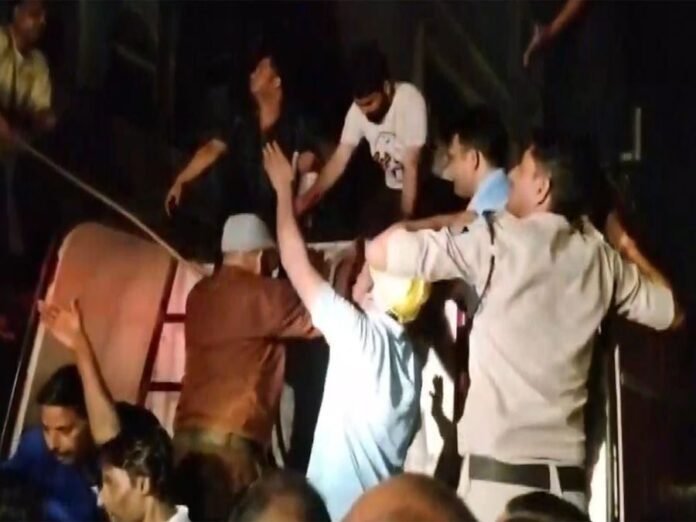New York, Oct. 6 – The Indian Consulate in New York hosted a lively round‑table on how artificial intelligence (AI) can help underserved communities get better health care. The event brought together doctors, tech leaders, and public‑health experts from India and the United States to share ideas and plan collaborative projects.
Ritu Khurana, a physician who writes about AI ethics, opened the session. She urged that technology, when used responsibly, can change outcomes for people who lack access to quality care. New York University’s Chris Dickey spoke about applying AI to strengthen public‑health systems, while Devika Bhalla of Service Now News highlighted how digital infrastructure can extend health services to remote or low‑income areas.
The panel moderator, Khurana, led a discussion featuring key figures such as Parag Mehta, chief medical officer at NY Methodist Hospital; Raj Shah, chair of the Health Council at Wheels Global Foundation; Eric Cruzen, senior vice‑president of data and informatics at Northwell Health; and Muthu Krishnan, founder and CEO of Kencor Health. Together, they explored real‑world challenges and how AI‑driven tools could bring more equitable care to communities that struggle to get it.
The consulate’s update on X noted that the session was “engaging” and “shows promise for making healthcare more accessible and equitable.” The micro‑blog post invites viewers to see the full discussion via a link to the official X tweet (https://x.com/IndiainNewYork/status/1974845194643046770).
Earlier, on Oct. 2, the consulate’s general, Binaya Pradhan, applauded the contributions at the “Healthcare, AI & Cancer: India‑USA Partnership Summit 2025.” He thanked speakers for their insightful ideas and announced that a detailed report will be prepared to capture the day’s innovations. Pradhan also praised Dr. Ashutosh Tewari for curating a productive dialogue between Indian and American health‑tech leaders.
These events underline the growing partnership between India and the United States in using AI, data ethics, and digital infrastructure to fix gaps in underserved healthcare. As the consulate says, the next steps will involve turning discussions into real tools that can reach patients faster and more fairly.
Source: aninews
Stay informed on all the latest news, real-time breaking news updates, and follow all the important headlines in world News on Latest NewsX. Follow us on social media Facebook, Twitter(X), Gettr and subscribe our Youtube Channel.



